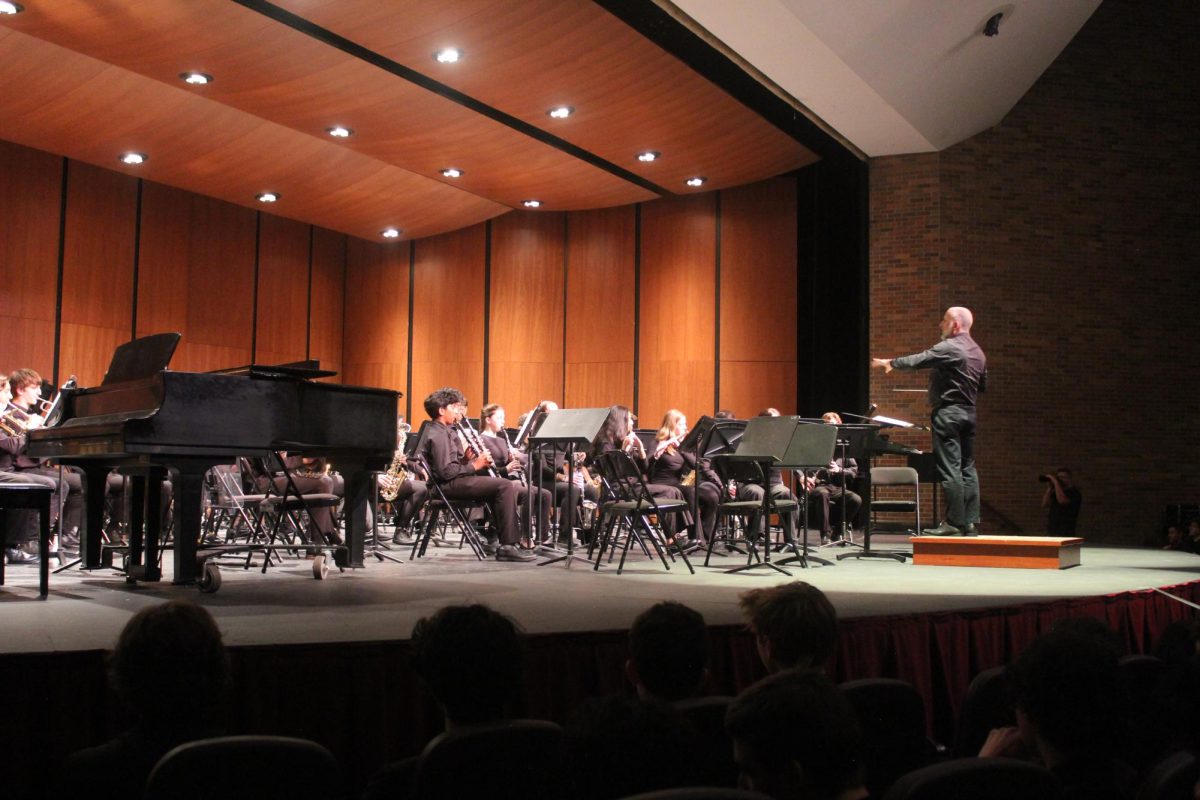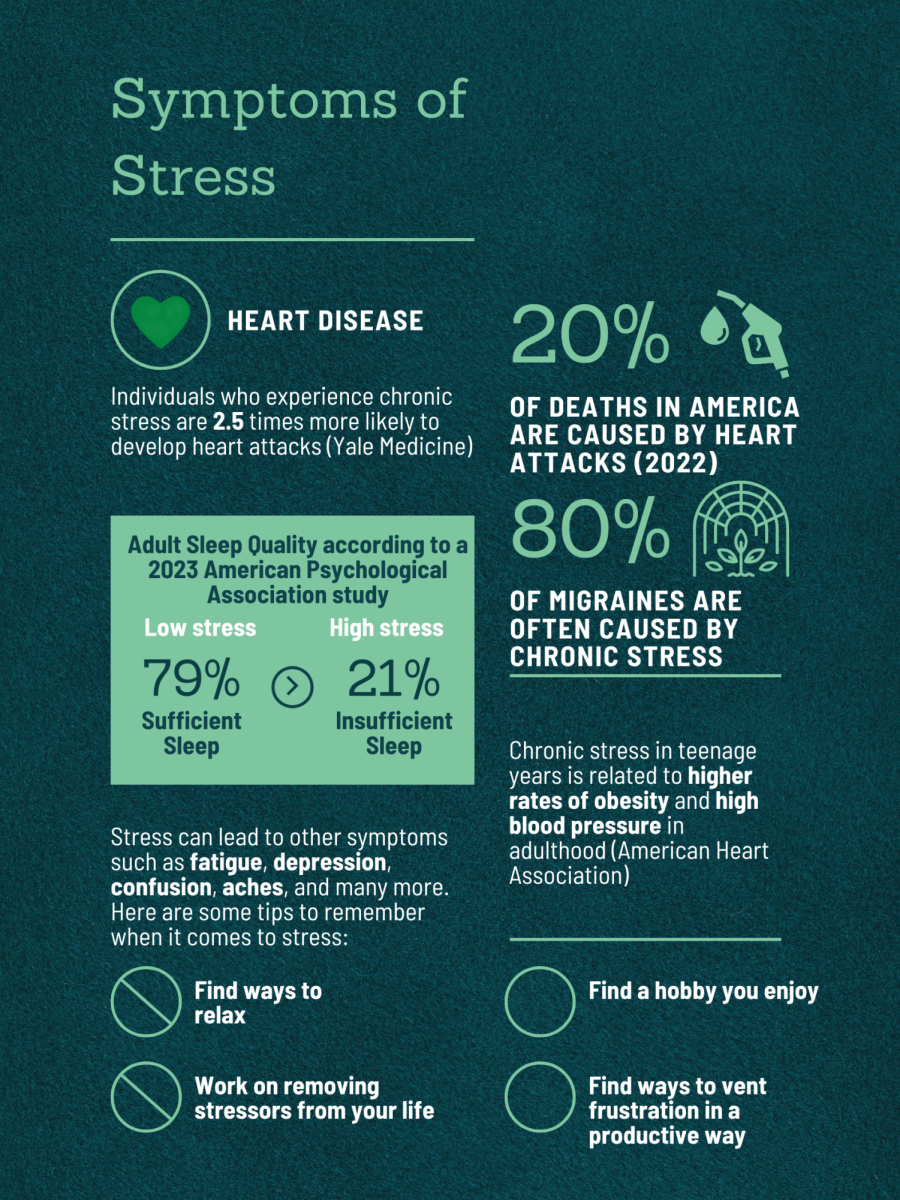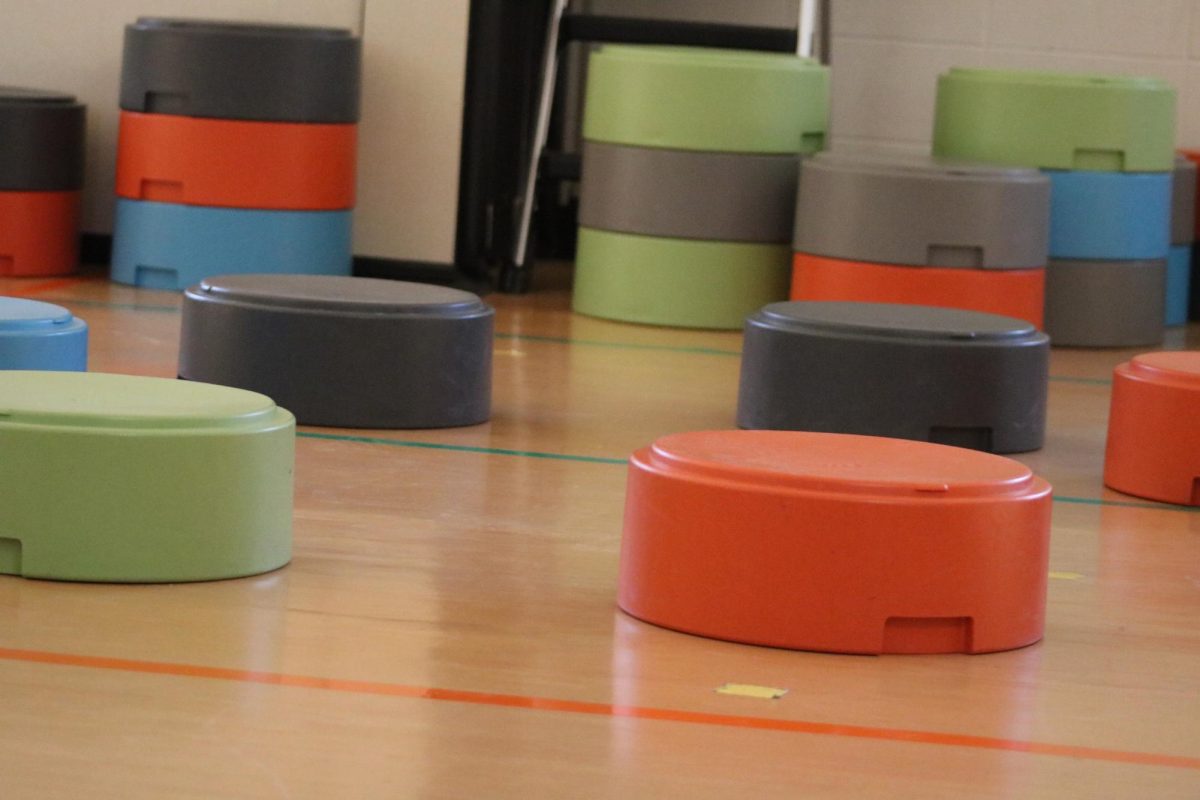Most students get woken up daily by alarms in the 5:30-7 a.m range, depending on how close they live to school and how much time they need to get ready. However, some students have to get up even earlier for early bird classes, which begin promptly at 7:05. This is an incredibly long day for students, especially those who have to work or have clubs, sports, and/or activities after school, as they will never have a time to rest until late at night when their homework is finished.
This can also be difficult for teachers, who have to get to school even earlier than students to begin preparing for their first-period classes, and a large number of teachers live out of the area.
The truth is, it is almost impossible for high school students to get the recommended 8-10 hours every night with the workload they receive. One way to pave way for more sleeping time is if school were to start later — and not just every Wednesday.
How important is sleep, exactly? Well, it may be the one factor that could change a test grade from a C to a B or a B to an A. According to Education Next, delaying school starting times for just an hour could increase standardized test scores by at least two percentile points in math and one percentile point in reading.
Lack of sleep not only affects test scores, but also students’ learning. Adolescents require more sleep than adults and they will undergo a change in their sleep cycle, making it harder and harder for them to fall asleep early. This change in their sleep cycle occurs as a response to the changes teenagers go through during puberty.
Secretary of Education Arne Duncan fully supports changing more school districts’ start times, as he told Time magazine: “A later start to the school day could help boost students’ academic performance and reduce tardiness and absenteeism. Our common sense tells us that sleepy students don’t do well in school, but the research also exists to back it up. Studies show that when students are rested, they are more alert and ready to learn.¨
A new report by the U.S. Centers for Disease Control and Prevention, however, indicates that fewer than one in five high school and middle schools begin at the recommended 8:30 a.m. time or later. Perhaps after an academic gap between schools that start earlier and schools that start later becomes more apparent, a permanent change could be made to U.S. schools regarding start time rather than a flimsy recommendation.
Sleep deprivation is not only detrimental to learning, but also students’ health. Medical experts say lack of sleep can lead to health issues like higher body weight and a greater likelihood for substance abuse. Sleep deprivation can cause a higher BMI in individuals because not sleeping tends lead people to exercise less and overeat. It can also cause substance abuse because people tend to use drugs and alcohol as a sedative for sleeping. However, these substances cause arousal in some parts of the brain and would actually lead to restlessness and awakenings during the night, according to the Division of Sleep Medicine at Harvard Medical School. The well-being of students should definitely be considered when school districts decide on a start time.
All in all, it is just not efficient for Libertyville High School to start school at 7:30 a.m. The school district contains many bright students who are still able to perform well academically despite the lack of sleep, but as courses become more demanding and rigorous, the school may experience a drop in student involvement and school spirit overall. Students may choose not to attend events that would make their high school experience a positive one to look back on when they have homework in every subject and an alarm clock set at the crack of dawn for the next day. Perhaps more schools should choose to follow the government-recommended start time to make schools a more energetic and positive atmosphere.



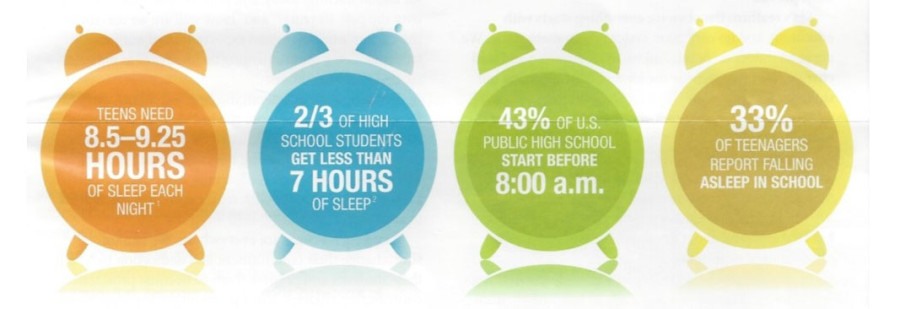

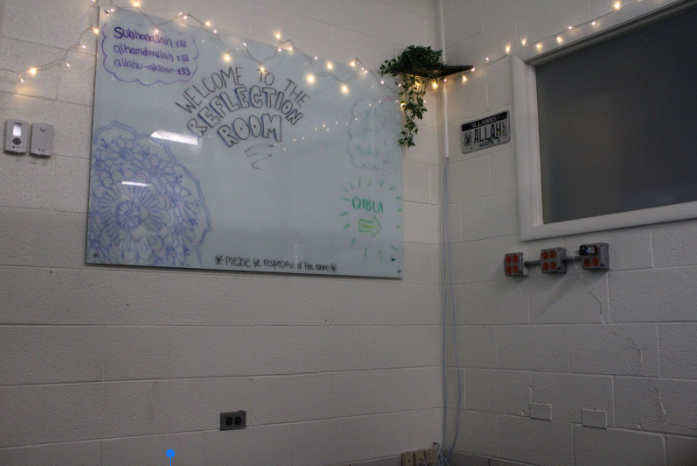
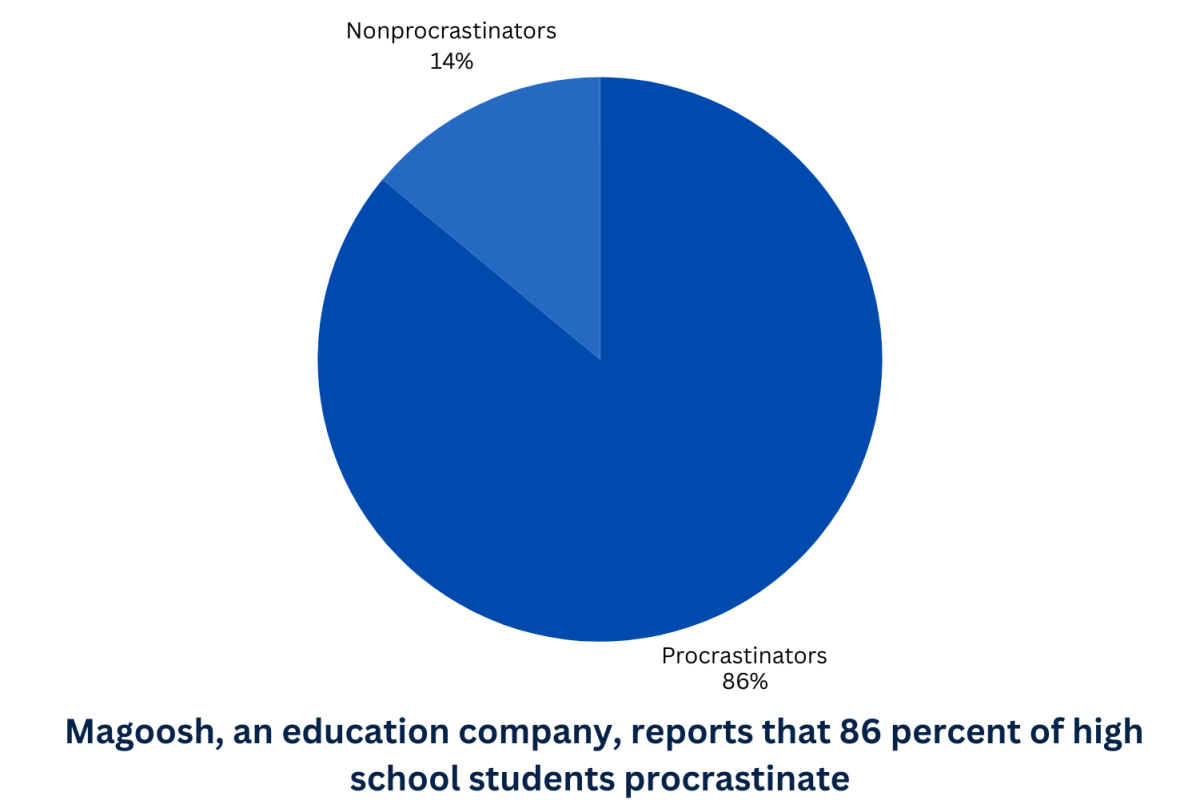
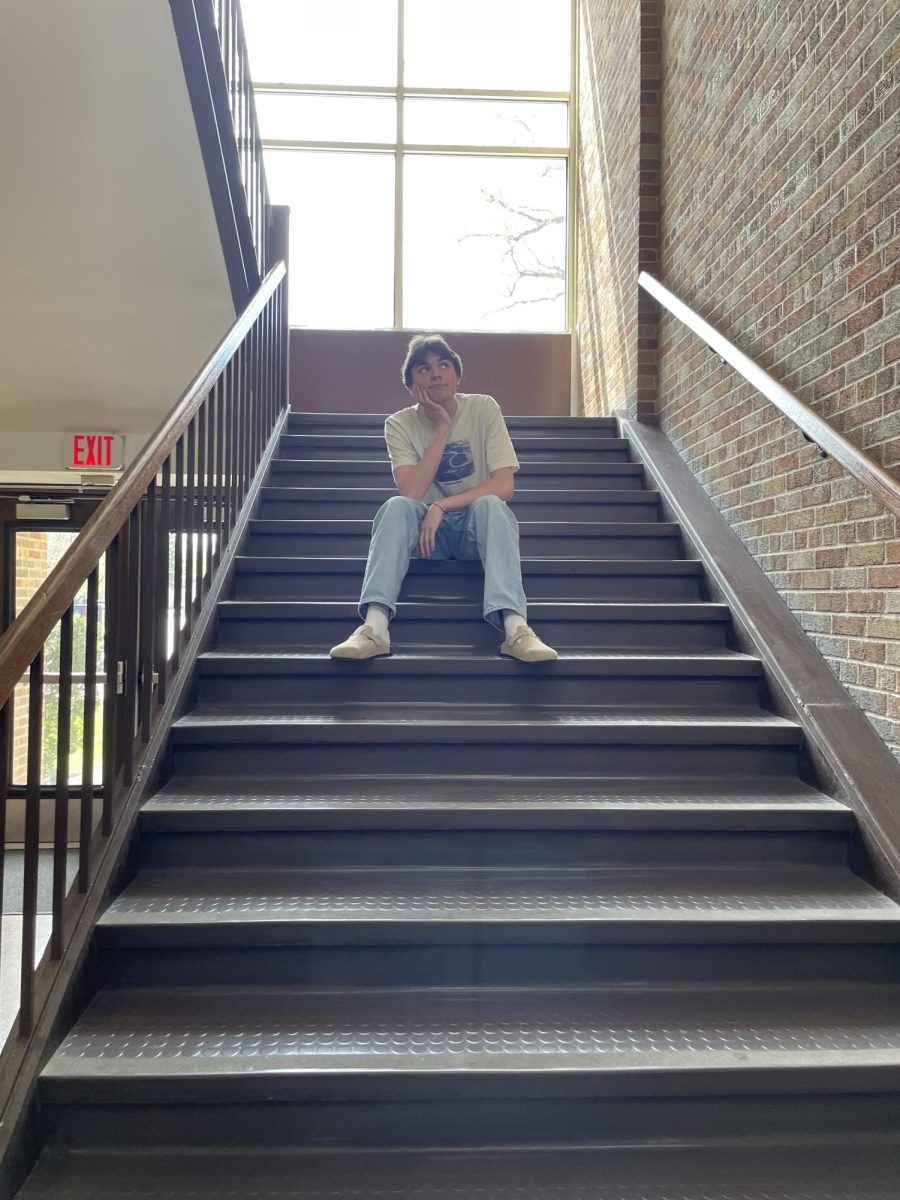





![Wildcats do their pre -race circle that consists of chants and cheers to hype up the team. “I think cross country is such an interesting sport, in the way we're all kind of struggling together at the same time," senior Emme Fogle said. "[We have] comfort knowing that everyone's kind of going through the same thing. It's kind of incredible.”](https://www.lhsdoi.com/wp-content/uploads/2025/09/Screenshot-2025-09-25-3.14.42-PM.png)


